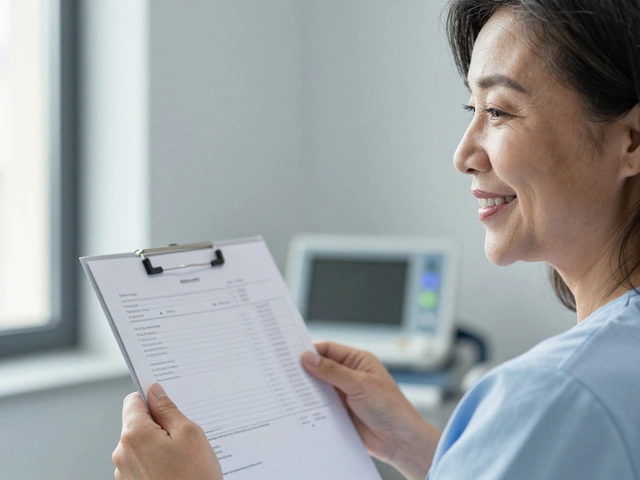Health Safety: Everyday Tips to Keep You Safe and Healthy
Ever wonder why a simple mistake can turn into a big health issue? It’s because safety isn’t just about big emergencies – it’s the little choices you make every day. Below you’ll find straight‑forward advice that covers everything from knee‑surgery recovery to choosing the right herbal supplement. Ready to boost your safety game?
Post‑Surgery Safety Made Simple
If you’ve just had knee replacement or any orthopedic procedure, the first few weeks are crucial. Showering too early can cause infection, while driving before your knee is stable puts you and others at risk. Aim to start showering only when the incision is dry and the surgeon gives the green light – usually within a few days. When it comes to driving, most doctors recommend waiting at least two weeks, but test your reaction time first: can you comfortably brake and steer without pain?
Swelling and pain often peak around day 2‑3 – the “hardest day” for many patients. To calm the ache, keep the leg elevated, use cold packs for 20‑minute intervals, and follow a prescribed pain‑med schedule. If swelling doesn’t ease after 48 hours, reach out to your physiotherapist – it could signal an issue that needs attention.
Everyday Health Risks You Can Avoid
Mail‑order pharmacies sound convenient, but they can hide hidden dangers. Some lower‑cost options skip proper drug verification, leading to expired meds or wrong dosages. Before you switch, check if the pharmacy is accredited by the Pharmacy Council of India and read reviews about delivery reliability. Always keep a backup supply of essential meds in case a shipment gets delayed.
Herbal supplements are popular, yet taking too many can cause side effects or interact with prescription drugs. For example, high doses of milk thistle can affect blood‑thinning medications. Stick to one or two trusted herbs, follow label dosages, and tell your doctor about every supplement you use.
Cancer awareness also falls under health safety. Knowing the warning signs of the deadliest cancers – persistent cough, unexplained weight loss, or new lumps – can save lives. If you spot any of these symptoms for more than a few weeks, schedule a check‑up. Early detection often means simpler treatment and better outcomes.
Even everyday habits like sleep timing matter. Ayurveda suggests sleeping between 10 pm and 6 am aligns with natural body rhythms, promoting better immunity and lower stress. Try winding down an hour before bedtime: dim the lights, put away screens, and sip a cup of warm milk or herbal tea.
When it comes to weight loss, beware of “miracle pills”. Many promise rapid results but can harm your heart or liver. The safest route is a balanced diet, regular exercise, and, if needed, a prescription medication approved by your doctor. Always read the ingredient list and ask a pharmacist about potential interactions.
Finally, medical tourism can be tempting for cheaper procedures, but safety standards vary widely. Research the hospital’s accreditation, read patient testimonies, and verify that the surgeons are board‑certified. A lower price isn’t worth a complication that could cost you more in the long run.
By staying informed and asking the right questions, you turn health safety from a buzzword into a daily habit. Keep these tips handy, share them with friends, and make safer choices a part of your routine.






